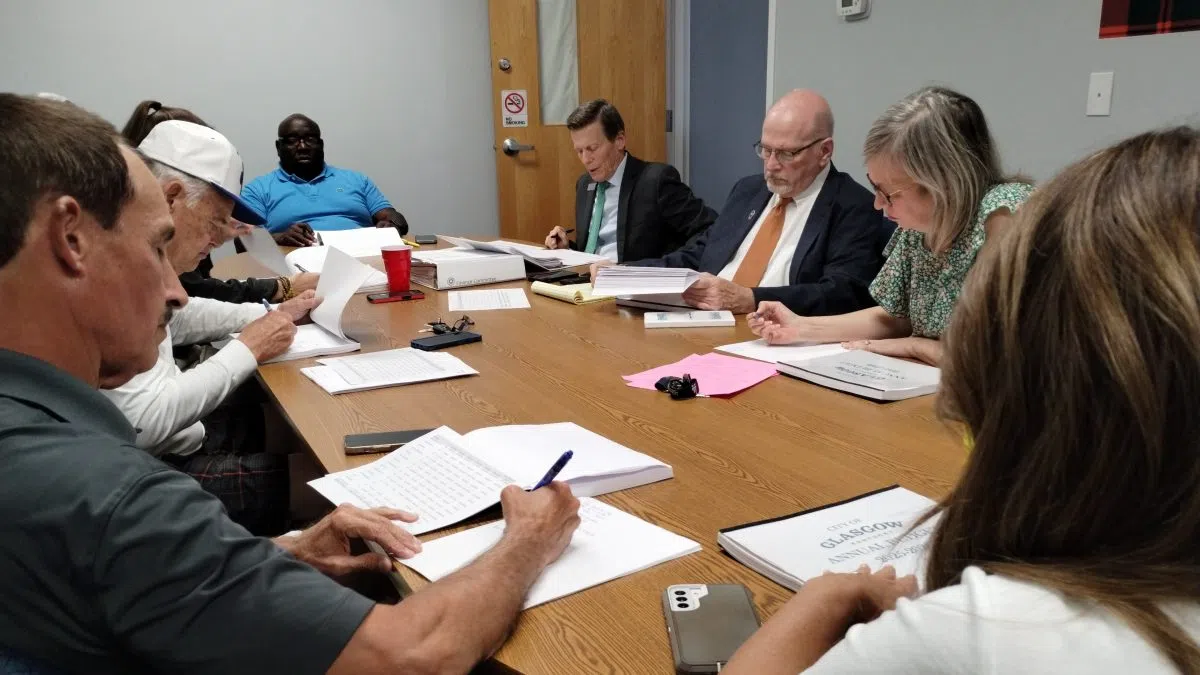Powering a Greener Tomorrow: How Fintech is Revolutionising Climate Finance in the Philippines

The Philippines, an archipelago nation acutely vulnerable to the impacts of climate change, faces a critical need for sustainable financing solutions. While climate finance—funding directed towards mitigating and adapting to climate change—is increasingly recognised as essential, its effectiveness has been hampered by challenges like limited transparency, illiquidity, and restricted access for investors. Enter Fintech – the transformative force reshaping financial services globally. This article explores how innovative fintech solutions are poised to revolutionise climate finance in the Philippines, unlocking new opportunities for a more sustainable future.
The Climate Finance Challenge in the Philippines
The Philippines consistently ranks among the countries most affected by climate-related disasters, including typhoons, floods, and rising sea levels. Addressing these challenges requires significant investment in renewable energy, resilient infrastructure, sustainable agriculture, and ecosystem restoration. However, traditional climate finance mechanisms often struggle to deliver effectively. Bureaucratic processes, a lack of standardised reporting, and a perceived risk profile can deter investors. Furthermore, small and medium-sized enterprises (SMEs) – vital engines of the Philippine economy – frequently lack access to climate-focused funding.
Fintech to the Rescue: Key Innovations
Fintech offers a suite of solutions to overcome these hurdles:
- Blockchain for Transparency and Traceability: Blockchain technology can create immutable records of climate finance transactions, enhancing transparency and reducing the risk of fraud. This is particularly valuable for carbon credit markets, ensuring the integrity of offsets and building investor confidence.
- Crowdfunding Platforms for Broader Access: Online crowdfunding platforms can connect investors directly with climate projects, bypassing traditional financial institutions and democratising access to funding. This empowers local communities and allows for smaller, more targeted investments.
- AI-Powered Risk Assessment: Artificial intelligence (AI) can analyse vast datasets to assess the climate-related risks of projects more accurately, leading to better investment decisions and reduced default rates. This can unlock funding for projects that might otherwise be deemed too risky.
- Mobile Payment Solutions for Enhanced Efficiency: Mobile payment systems streamline disbursement of funds to beneficiaries, reducing transaction costs and ensuring that aid reaches those who need it most quickly and efficiently.
- Green Bonds and Digital Securities: Tokenizing green bonds and other climate-aligned assets through digital securities can improve liquidity and expand the investor base.
The Philippine Context: Opportunities and Considerations
The Philippines has a burgeoning fintech sector and a government committed to sustainable development. Several initiatives are already underway to leverage fintech for climate action. However, challenges remain, including:
- Regulatory Framework: A clear and supportive regulatory framework is crucial to foster innovation while safeguarding investor interests.
- Digital Literacy: Expanding digital literacy, particularly in rural areas, is essential to ensure equitable access to fintech solutions.
- Data Security and Privacy: Robust data security and privacy protocols are paramount to build trust and protect sensitive information.
Looking Ahead: A Sustainable Future Powered by Fintech
The convergence of climate finance and fintech holds immense promise for the Philippines. By embracing innovation, fostering collaboration between the public and private sectors, and addressing the existing challenges, the country can unlock a new era of sustainable financing, driving economic growth while safeguarding its environment and building resilience to climate change. The future of climate finance in the Philippines is undeniably intertwined with the continued evolution of fintech.






